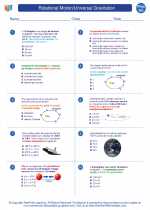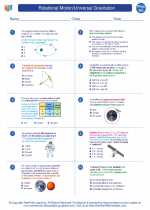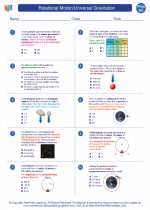Vitamin E: An Overview
Vitamin E is a group of fat-soluble compounds that act as antioxidants in the body. The most active form of vitamin E is alpha-tocopherol, which is essential for the proper functioning of many organs and the immune system.
Functions of Vitamin E
- Antioxidant Properties: Vitamin E helps protect cells from damage caused by free radicals, which can contribute to aging and the development of various diseases.
- Immune System Support: It plays a role in boosting the immune system's ability to fight off bacteria and viruses.
- Cell Membrane Maintenance: Vitamin E helps maintain the integrity of cell membranes throughout the body.
- Wound Healing: It may aid in the repair of skin and other tissues.
Sources of Vitamin E
Good food sources of vitamin E include:
- Nuts and seeds (such as almonds, sunflower seeds, and hazelnuts)
- Vegetable oils (such as wheat germ, sunflower, and safflower oil)
- Green leafy vegetables (such as spinach and broccoli)
- Fortified cereals and other foods
Recommended Daily Allowance
The Recommended Dietary Allowance (RDA) for vitamin E varies by age and gender. As of the most recent guidelines, the RDA for adults is 15 milligrams (or 22.4 International Units) per day.
Deficiency and Toxicity
A deficiency in vitamin E can lead to nerve and muscle damage, impaired immune function, and an increased risk of infections. On the other hand, excessive intake of vitamin E from supplements can lead to hemorrhaging and interfere with blood clotting.
Study Guide for Vitamin E
When studying vitamin E, it's important to focus on the following key points:
- The functions of vitamin E as an antioxidant and its role in supporting the immune system and maintaining cell membranes.
- Identifying food sources rich in vitamin E and understanding the importance of incorporating them into a balanced diet.
- Knowing the recommended daily allowance for different age groups and genders.
- Understanding the potential consequences of both vitamin E deficiency and toxicity.
◂Physics Worksheets and Study Guides High School. Rotational Motion/Universal Gravitation

 Worksheet/Answer key
Worksheet/Answer key
 Worksheet/Answer key
Worksheet/Answer key
